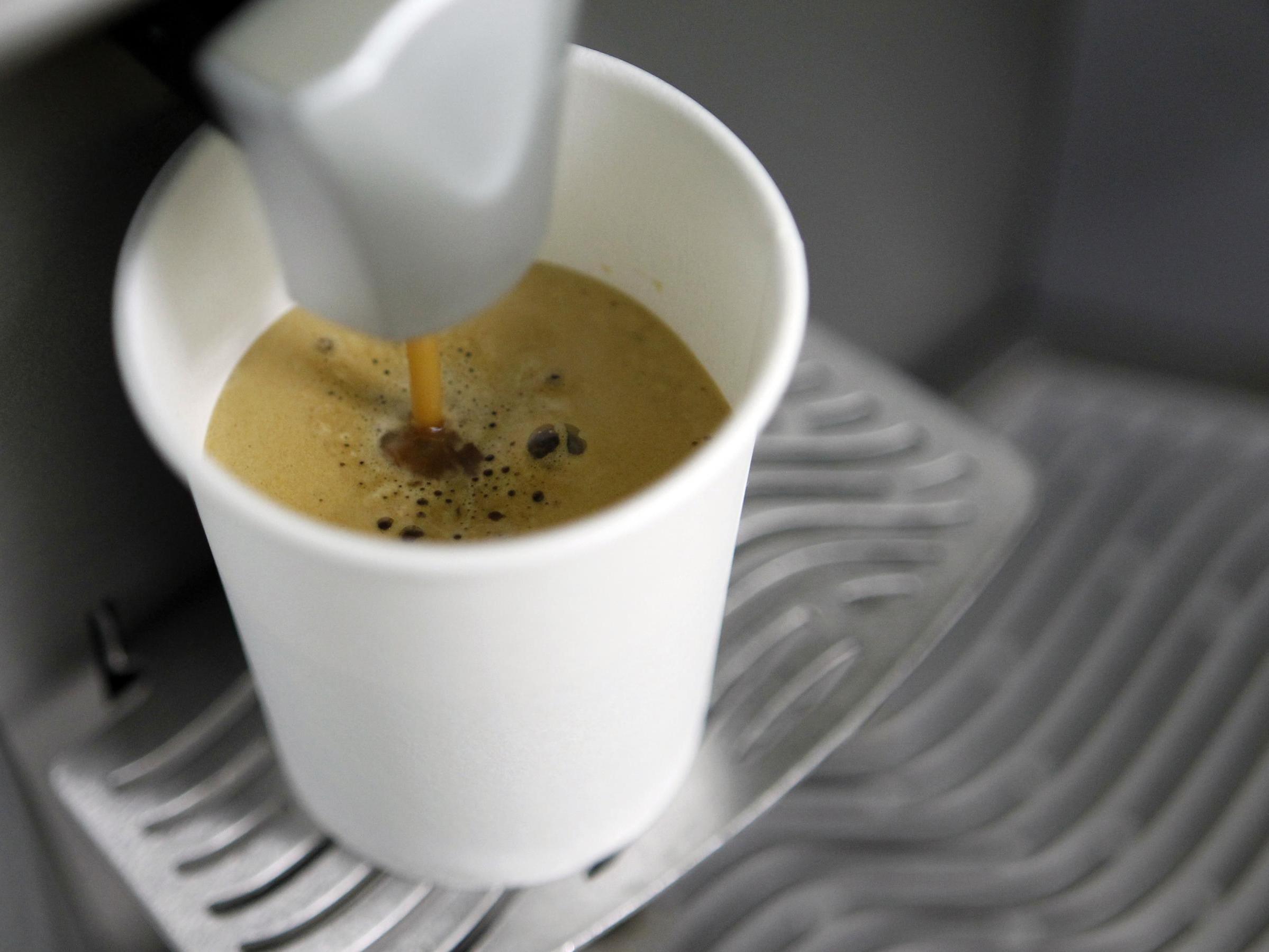South Korea bans coffee in all schools in bid to improve children's health
Pupils and teachers will no longer be allowed to buy caffeinated drinks

Your support helps us to tell the story
From reproductive rights to climate change to Big Tech, The Independent is on the ground when the story is developing. Whether it's investigating the financials of Elon Musk's pro-Trump PAC or producing our latest documentary, 'The A Word', which shines a light on the American women fighting for reproductive rights, we know how important it is to parse out the facts from the messaging.
At such a critical moment in US history, we need reporters on the ground. Your donation allows us to keep sending journalists to speak to both sides of the story.
The Independent is trusted by Americans across the entire political spectrum. And unlike many other quality news outlets, we choose not to lock Americans out of our reporting and analysis with paywalls. We believe quality journalism should be available to everyone, paid for by those who can afford it.
Your support makes all the difference.South Korea is to ban the sale of coffee in every school in an effort to promote healthier lifestyles among children.
Teachers will also be stopped from buying coffee products at work as part of a wider government campaign to reduce the consumption of food and drink high in caffeine and calories.
High-caffeine products such as energy drinks were already restricted in South Korean schools, but coffee was typically available in vending machines and kiosks for teachers.
The ban, which comes into force on 14 September, will mean coffee cannot be sold in any primary or secondary school across the country.
"The revision aims to create healthy eating habits among children and teenagers," a Ministry of Food and Drug Safety official told the Korea Times. "We will make sure coffee is banned at schools without fail."
The ministry said there were concerns about coffee causing dizziness, heart palpitations, sleep disorders and anxiety among pupils, many of whom reportedly turn to high-caffeine products to stay alert during lessons.
"We have notified schools of the coffee ban across the nation through cooperation with the education ministry," the official said.
South Korea’s coffee consumption has doubled since 1990 in a boom stimulated by the arrival of Starbucks.
In 2016 the country consumed 2.3kg of coffee per person, according to the International Coffee Organisation. The figure is one of the highest among Asian countries, although only roughly half the amount consumed by the average American.
The number of coffee shops in South Korea more than tripled between 2011 and 2015, from 12,400 to 49,600.
South Korean health officials has previously prohibited adverts for unhealthy food and drinks from being shown during the times children are most likely to be watching TV.
The school coffee ban comes as the British government launches a consultation on plans to stop shops selling high-caffeine drinks to young people.
The scheme could see retailers banned from selling energy drinks to under-16s and possibly even under-18s.
Join our commenting forum
Join thought-provoking conversations, follow other Independent readers and see their replies
Comments